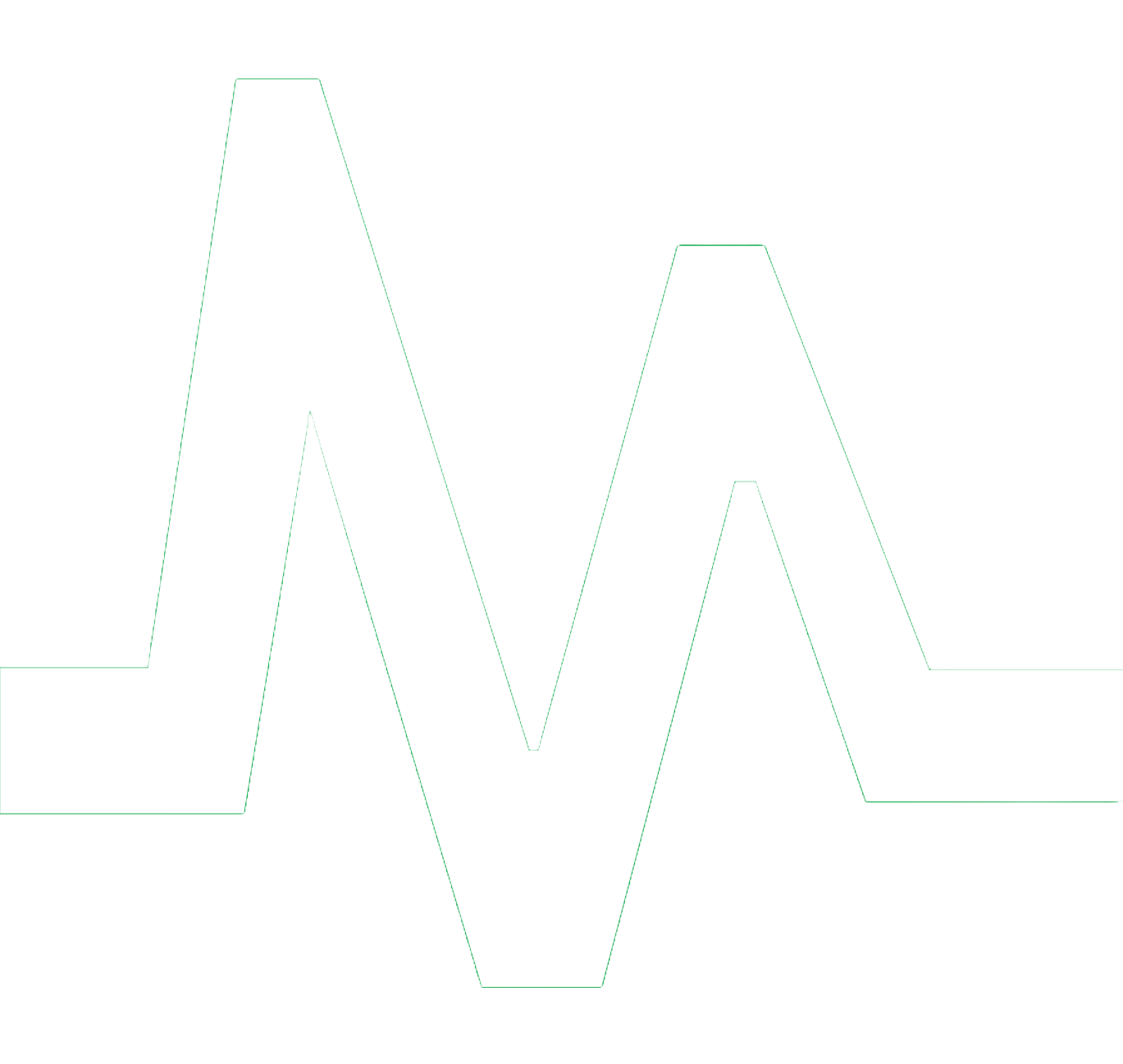In the fast-moving world of healthcare, two things matter most—time and money. Yet, many healthcare facilities in Kenya are unknowingly losing both due to outdated and inefficient billing systems. It is an issue that quietly drains resources, frustrates staff, and ultimately impacts the quality of patient care. Relying on manual processes for billing and payments is not just inconvenient; it creates a ripple effect of financial mismanagement and operational inefficiencies that hospitals cannot afford to ignore.
The Hidden Cost of Manual Billing
Consider this: when your billing system depends on paper records or spreadsheets, tracking payments in real time becomes nearly impossible. This leads to missed payments, delayed collections, and financial discrepancies—some of which may open the door to fraud. But the damage does not stop at billing. The lack of real-time visibility extends to inventory management, staff performance tracking, and overall operational efficiency. Without a streamlined system, hospitals risk stock mismanagement, unnecessary waste, and financial leaks—problems that could be easily avoided with modern technology.
And it is not just about today’s losses. Sticking with outdated systems sets the stage for long-term inefficiencies that hinder growth and limit a facility’s ability to provide quality care. Without data-driven insights, healthcare providers are forced to operate blindly, missing opportunities to optimize revenue and improve patient outcomes.
A Smarter Way Forward: The Power of HMIS
This is where a Health Management Information System (HMIS) comes in—a game-changing solution that can revolutionize how healthcare facilities operate. More than just a digital patient record system, a modern HMIS integrates every aspect of a hospital’s workflow. From billing and revenue tracking to inventory and claims management, it ensures that every transaction is recorded in real-time, eliminating inefficiencies and financial losses.
Why Kenyan Healthcare Must Act Now
Kenya’s healthcare system is facing increasing pressures—rising demand for services, limited budgets, and a growing need for operational efficiency. With healthcare regulations, it is now more critical than ever for healthcare facilities to embrace modern technology for efficient claims processing and reimbursements. Facilities will need to be prepared to track claims, manage billing, and report financial data with accuracy. A Health Management Information System is not just an optional upgrade; it is quickly becoming a requirement for staying competitive, efficient, and compliant.
A Health Management Information System like AphiaOne, by Medbook puts your facility ahead of the curve, ensuring financial stability while improving service delivery. All our clients have reported an increase in revenue after implementing our system, proving its impact on both operational efficiency and profitability. The real question is not whether you can afford to implement a HMIS—it is whether you can afford not to. The future of healthcare in Kenya is digital, and those who embrace it now will lead the way. The time to act is now.
